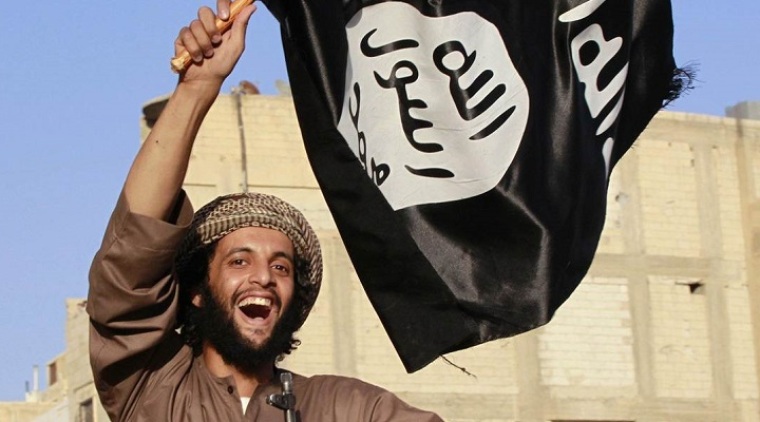Southern Baptist missions expert: Attacks against Christians not just terrorism but 'religious warfare'

DALLAS (Christian Examiner) – Although members of the Obama Adminstration have been careful to parse desciptions of global attacks against Christians to avoid connecting the militancy with Islam, a prominent Southern Baptist missions expert says the terrorism the president and his subordinates are careful to describe is nothing less than "religious warfare."
Following the attack on Garissa University, White House Press Secretary Josh Earnest acknowledged that Christians had been targeted, but made no reference to Islamic extremism. He only referenced "the terrorist group, Al-Shabaab," which was responsible for the attack. Secretary of State John Kerry also refused to name the perpetrators as Islamic radicals. Instead, Kerry said the United States would assist "the government and people of Kenya in the effort to end the scourge of terrorism. The attack once again reinforces the need for all countries and communities to unite in the effort to combat violent extremism."
President Obama has stood firm that linking the terrorists to Islam would represent a failure to be "true to our values as a diverse and tolerant society even when we're threatened – especially when we're threatened."
"We must never accept the premise they put forward, because it is a lie," Obama said in February during a speech for the White House summit on counterterrorism. "Nor should we grant them the legitimacy they seek. They are not religious leaders. They are terrorists."
However, Keith Eitel, dean of the Roy Fish School of Evangelism and Missions and director of the World Mission Center at Southwestern Baptist Theological Seminary in Fort Worth, Texas, said it would be difficult to categorize Al-Shabaab as anything other than a radical Islamic insurgency.
"What happened at Garissa is so intensely offensive to the Kenyans because the people who were killed were asked if they were Christians," said Eitel, who has worked in Kenya many times and who has relatives who served as missionaries around Garissa.
"This is religious warfare against Christians," he said.
Eitel told Christian Examiner the history of the Muslim presence in the coastal regions of Kenya goes back to the days of the Arab slave trade in the 18th and 19th centuries. Muslim traders from Oman and Saudi Arabia established the trade and later won many of the native Africans to Islam. Since then, the areas have been seen by hardline Muslims like Al-Shabaab and its parent, Al-Qaeda, as inherently Muslim.
Importantly, he said, in most of Kenya Muslims and Christians live side by side at peace. Al-Shabaab, however, is a growing threat to the country because it wants to radicalize the entire region.
"Tensions are rising over the activism of Al-Shabaab," Eitel offered. "There are border raids and border crossings and terrible atrocities committed. They come down even as far as cities like Mombasa to apprehend people to hold them for hostage. In that respect, in their tactics they are cousins – perhaps somewhat directly related – to the Somali pirates who operate at sea."
Eitel said Kenya is a "soft target" for Al-Shabaab and that the more the terror group operates in Kenya, the more recruits it will draw from an otherwise pacified Muslim population. The more foreign fighters it will attract, too, and the more money it will earn from ransom and terror-supporting factions in the Middle East, he said.
He also predicts it will happen again.
"Radicalization and its link with the larger agenda of Islamic terrorists – the global caliphate – that is the problem," he said. "It is still not fair to characterize all Muslims in Kenya as susceptible to this, but the radicals are getting a larger audience than ever before."